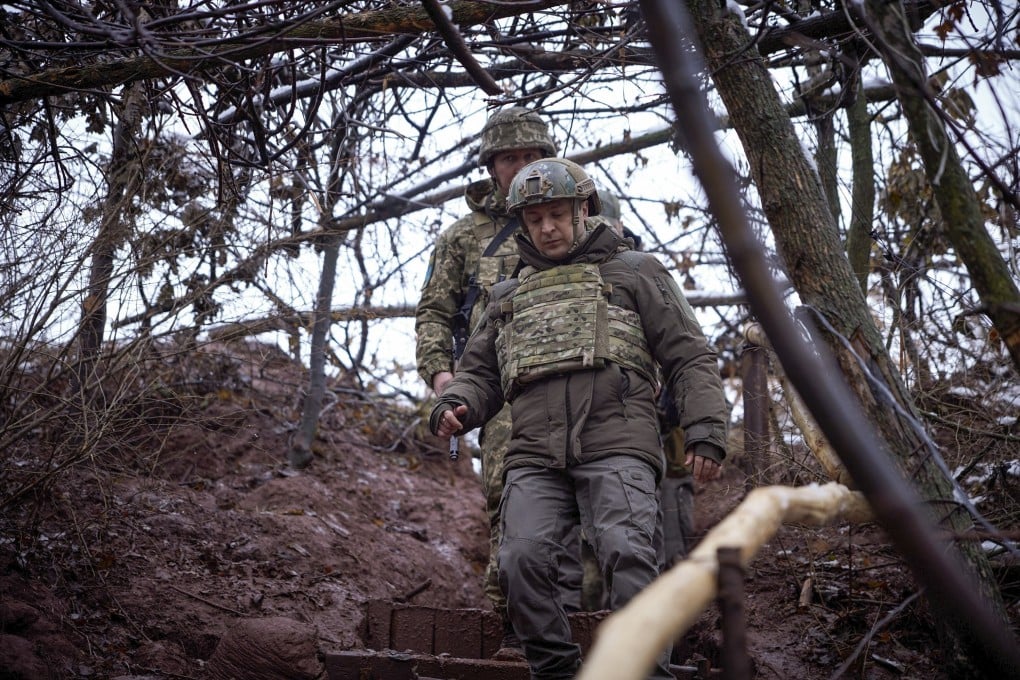Advertisement
China ‘unlikely to take sides’ in a Russia-Ukraine conflict
- Beijing has neither the capacity nor the will to go to Moscow’s side and has good ties with both countries, analysts say
- Russian troops on border are a warning to ‘keep Ukraine out of Nato’
Reading Time:3 minutes
Why you can trust SCMP
39

China is unlikely to wade into the simmering conflict between Russia and Ukraine as fears grow of a Russian invasion and the possibility of US troop involvement, observers said.
Russia has sent an estimated 100,000 troops to the border with Ukraine, raising tensions between the two countries to their highest level since 2015, when Moscow annexed the Crimean peninsula.
Officials in Washington had said the US would move in troops at the request of “eastern flank allies” but other options, including sanctions and support for the Ukrainian military were preferred.
Advertisement
Feng Yujun, director of the Centre for Russian and Central Asian studies at Fudan University, said Russia’s troop deployment was a message from Moscow to the US to stop Ukraine from joining Nato.
Ukraine has pushed to join the Western security alliance but Russia is strongly opposed to Nato expansion.
Advertisement
Feng also said the US might not want to raise the security temperature in Europe because its energy was focused elsewhere.
Advertisement
Select Voice
Select Speed
1.00x